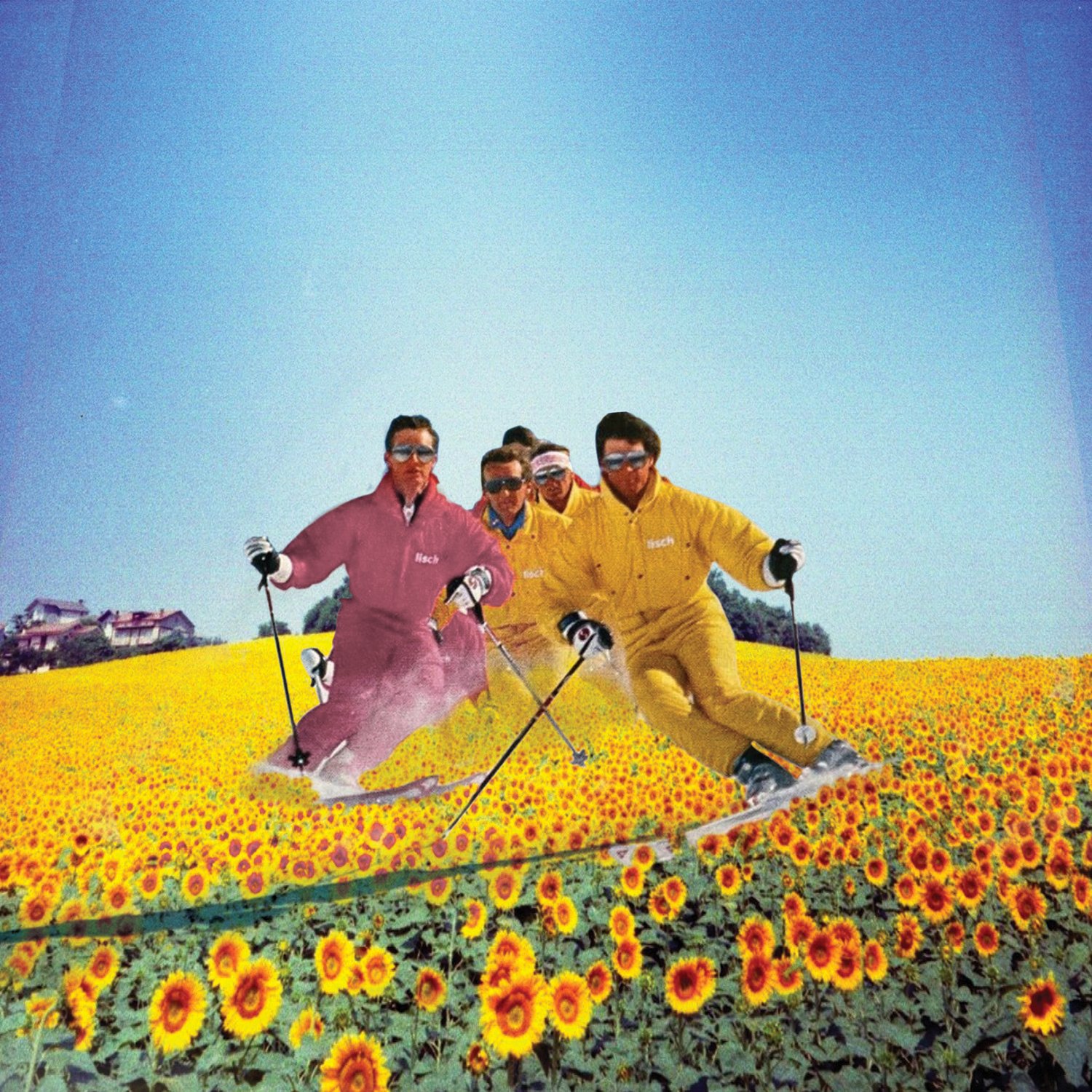Top 3 Strategies to Prep for Ski Season

Our top 3 Strategies to Prep for Ski Season
Most people probably don’t dream about snow, but if you’re reading this you’re probably twisted like me and hope for snow.
When that crisp air comes around and your thoughts are consumed by skiing, you also know that you need to start prepping for the ski season.
When most people’s ski season ends, they don’t even think about prepping for the next year until only a few weeks out. This leads to frustration as you are weaker than the year before, carry injuries into the season, and inevitably a shortened season.
You also can’t just focus on a single aspect of ski training prep. If you’re only filling the strength bucket up, you’ll be more apt for an injury because of limited mobility. Or, if you just focus on mobility, those noodle legs will ruin your ski day and lead for a way too early apres.
So, what ski training buckets do you need to fill?
A complex question that we made super, super simple for you.
So simple, that we broke our top strategies for ski season into 3 separate parts.
Here are our Top 3 Strategies to Prep For the Ski Season
#1 Mobility
You have to start here. If your hip, knee, ankle, or lower back joints don’t work you’re not going to be able to ski. And even if you somehow can, chances are you’ll get injured or you’ll be in some sort of discomfort when skiing. That’s just not fun. Start with this at-home hip assessment and let us know how it goes.
#2 Strength train
Once you have proper mobility, it’s time to load the body with some strength training. This may be the most important factor of prepping for the ski season as if you lack strength in the lower body, your legs will be toast. We also have a special secret for when you’re strength training — read about the special sauce here!
#3 Zone 2 Cardio
The one thing you probably haven’t ever heard of, and therefore definitely aren’t mixing in. BUT! If you want to last all day on the ski slopes, you need an aerobic base. Zone 2 cardio is when you work at 70-80% of your max heart rate for longer than 30-40 minutes. So, you’re not going all out in a sprint, but simply maintaining a steady work rate. This can be in the form of a fast walk, light jog, bike ride, or anything that gets your heart rate up! Zone 2 is ski-specific because it’s what builds a bigger gas tank in your body! More zone 2 = more turns.
Confused? Yeah, sorry about that. I get passionate about this stuff! But, lucky for you we created a program that has all three of these principles baked into one Ski training program.
Every winter we hold a Ski Club that includes monthly programming, Ski Physical Therapy sessions and MUCH more. Want to learn more? Book a free 15-minute phone call today!


